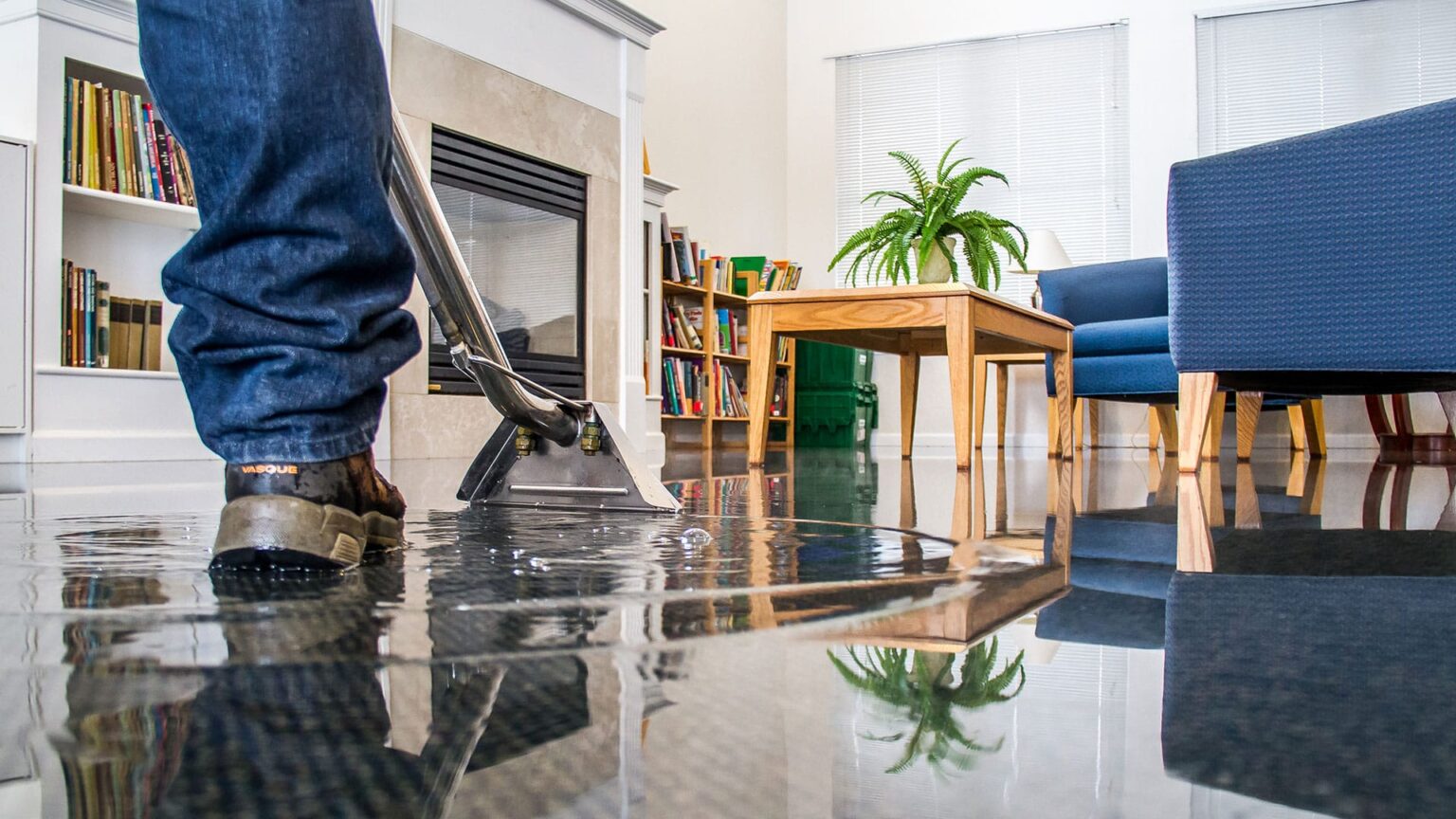Introduction
A clogged kitchen sink is an everyday nightmare that can turn your culinary haven into a disaster zone. The accumulation of grease, food particles, soap scum, and other debris can quickly lead to a clog that defies easy solutions. In this guide, we will explore the reasons behind persistent clogs, delve into the various methods often used to address them, and provide insights into when it might be best to call in professionals.
Understanding the Culprits
Before diving into the plethora of methods to tackle a clogged sink, it’s important to understand the root causes of the issue.
Common culprits include:
- Food Debris: Leftover food particles washed down the drain are a prime source of clogs. These particles can accumulate over time and create a dense mass that obstructs water flow.
- Grease and Oil: Pouring grease and oil down the drain might seem harmless, but as they cool, they solidify and coat the inside of the pipes, trapping other debris and leading to clogs.
- Soap Scum: Soap, especially in hard water areas, can accumulate and form scum that adheres to the pipes and traps other substances.
- Foreign Objects: Accidental disposal of non-food items, such as utensils, small kitchen tools, or even jewelry, can obstruct the flow of water and exacerbate clogging.
The Arsenal of Solutions
- Plunger: The trusty plunger is often the first weapon of choice. Place it over the sink drain, ensuring there’s enough water to create a seal, and then plunge vigorously. The back-and-forth motion can dislodge minor clogs.
- Boiling Water: Pouring boiling water down the drain can assist smash down grease and meal particles. However, this method might not be effective for severe clogs.
- Baking Soda and Vinegar: The chemical reaction between baking soda and vinegar can create a foaming action that helps break down debris. Pour half a cup of baking soda followed by half a cup of vinegar down the drain, cover it for a while, and then flush with hot water.
- Plumbing Snake/Auger: For more stubborn clogs, a plumbing snake or auger can be used to physically break up the blockage. Insert it into the drain and rotate it to catch and pull out the debris.
- Commercial Drain Cleaners: Chemical drain cleaners are available over-the-counter and can dissolve clogs. However, they can also be harsh on pipes and harmful to the environment.
- DIY Drain Cleaners: A combination of salt, baking soda, and cream of tartar mixed with hot water can be poured down the drain. Let it sit for an hour before flushing it with hot water.
When to Call in the Professionals
If your persistent clog remains unconquered despite your best efforts, it might be time to seek the assistance of a professional plumber. They have specialized tools, such as hydro-jetting equipment and video inspection cameras, to identify and clear clogs comprehensively without causing damage to your plumbing system. Preventive Measures Preventing future clogs is as important as clearing existing ones.
Consider the following measures to keep your kitchen sink clog-free:
- Use Sink Strainers: Place sink strainers over the drains to catch food particles and debris before they enter the pipes.
- Avoid Grease Disposal: Dispose of grease and oil in a separate container and dispose of them in the trash, rather than down the drain.
- Regular Cleaning: Flush your drains periodically with hot water to help prevent the accumulation of grease and soap scum
- . Educate Household Members: Teach everyone in your household about proper sink usage and what should and shouldn’t go down the drain.
Maintaining a member shrm attaining system
- Regular Maintenance: Just like any other aspect of your home, your plumbing system requires regular maintenance. Schedule routine check-ups with a professional plumber to ensure that there are no underlying issues that could lead to recurring clogs.
- Mindful Dispoal: BRenvigilant about what goes down your kitchen sink. Even seemingly harmless food scraps can contribute to clogs over time. Scrape hai food into the trash or compost bin before washing dishes.
- Hot Water Flush: Once a week, pour a pot of boiling water down your drain to help dissolve accumulated grease and soap resides. The simple practice can go a long way in preventing future clogs.
- DIY Enzyme Cleaner: Consider making your enzyme drain cleaner. Mix equal parts of water, sugar, and baking yeast and let it sit for 24 hours before being produced will naturally break down organic matter.
- Avoid Harsh Chemicals: While commercial drain cleaners can offer, quick service, they often contain harsh chemicals that can corrode your pipes over time. OPT for natural or homemade solutions that the gentler for your problem.
- Educate Kids: If you have children in the household, educate them about proper sink usage. Instilling good habits from a young age can help prevent accidental clogs caused by foreign objects.
The Enviormental Angle
In our quest to unclog our sinks, it’s important to also consider the environmental impact of our actions. Chemical drain Cleaners can have negative efforts on water quality and aquatic, life when they enter our water systems. By opting for eco-friendly solutions and minimizing the use of chemicals, you contribute to a healthier environment.
Final Thoughts
A clogged kitchen sink might seem like an insurmountable challenge, especially when you’ve seemingly tried everything in your power to clear it. However, with the right approach and a combination of methods, you can restore the flow of water and prevent future clogs from disrupting your daily routine.
Remember that persistence and patience are key. Clogs that have developed might not disappear immediately, but consistent efforts will yield results. But by taking a proactive stance in your kitchen skink’s maintenance, you not only save yourself from the frustration of clogs but also ensure the longevity of your plumber system.




